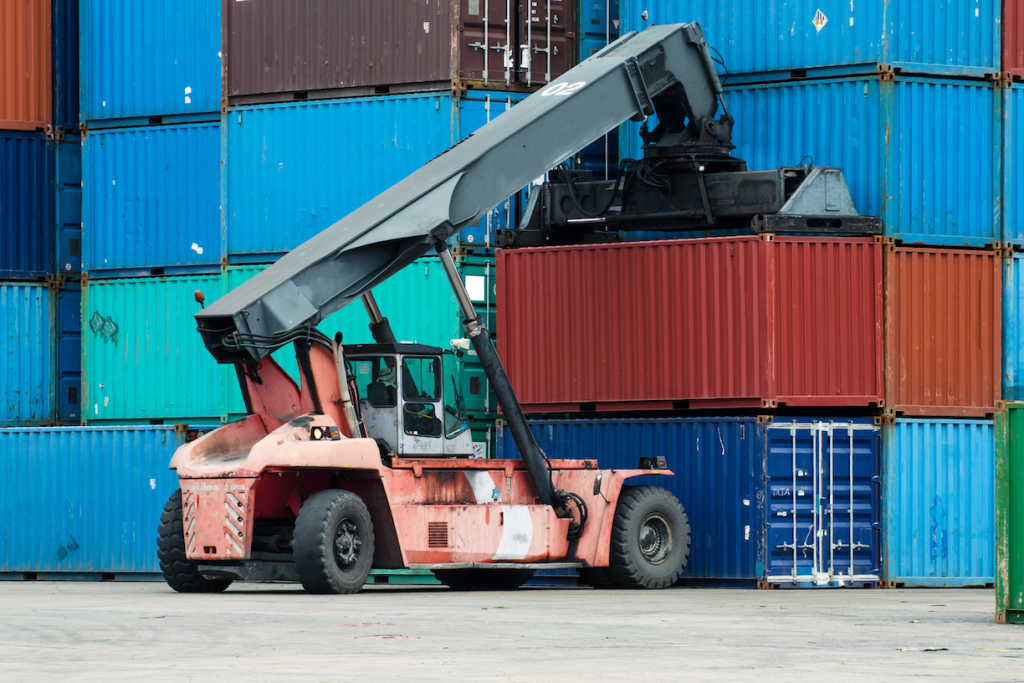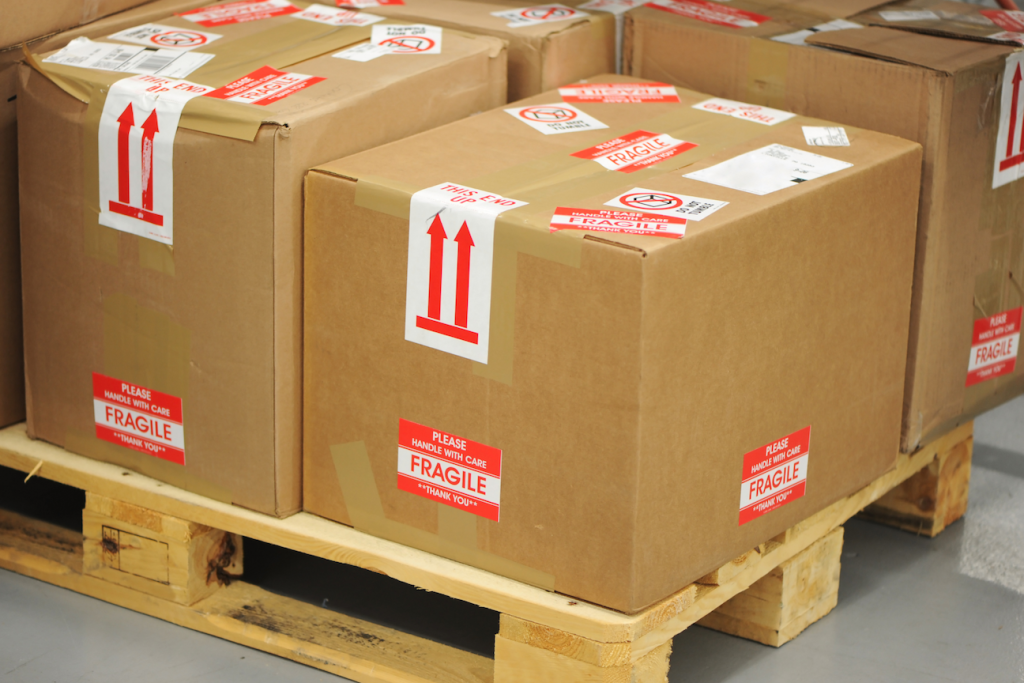
Freight Handler: Choosing the Right Company
The freight handler you team up with will directly impact the efficiency and reliability of your supply chain. You need a careful and trustworthy freight handler, as there is a risk of damage every time your goods are moved from one less-than-truckload (LTL) terminal to another.
Throughout this guide, you can explore important considerations when choosing a freight handler and learn why this decision is so important.
Factors to Consider When Choosing a Freight Handler
When picking a company to handle your freight, there are some key points to consider:
Experience
First, consider whether the company has the requisite experience to meet your company’s needs. Are they a brand-new entity that recently started operating in your region, or have they been around for a while? An experienced freight handler has the knowledge and skills to handle different types of cargo efficiently.
Make sure that they have experience dealing with the type of goods you ship. For example, if you primarily deal in fragile products, verify that the handler is familiar with and skilled at taking care of sensitive items.
Reputation
After you’ve narrowed down your list to a few experienced providers, review each entity’s track record. Read online reviews and ask for references to gauge the company’s reputation. Pay particularly close attention to any reviews from companies that sell the same type of products that you sell.
If most of the provider’s past clients are satisfied with their performance, you likely will be happy with their performance, too. Conversely, if there are numerous complaints about the company’s reliability and consistency, be wary of partnering with them.
Handling Capabilities

Different items require different handling techniques. Ensure that the freight handler you choose can manage the specific types of goods you are shipping. For example, fragile items need delicate handling and special packaging to prevent damage. Similarly, oversized items require equipment and expertise to be moved safely.
Verify that the company you choose has the necessary equipment and skills to handle your cargo. For example, when speaking to prospective partners, specify whether you need a hauler with refrigeration capabilities. Be forthcoming about what services you need (or might need).
Insurance
Accidents can happen during the shipping process. Find out what optional insurance coverages the carrier offers. While all carriers should have basic insurance policies, some will provide add-ons to give you better peace of mind.
Ensure that you understand the company’s liability policies and coverage limits. You will want your goods covered in case of mishaps.
Ability to Scale
Don’t just find a freight handler that can meet your current cargo needs. Consider how your shipping requirements will evolve over the next few years. Will they be able to grow with you and scale up capacity?
Partnering with a larger and more versatile carrier can give you stability and consistency, which can be particularly important during times of rapid organizational growth. You don’t want to find yourself changing freight handlers while simultaneously undergoing major internal transformation.
Use of Technology
In today’s digital age, having real-time tracking capabilities is crucial for monitoring your shipments. Choose a freight handler that uses advanced technology to provide up-to-date information about the status and location of your goods. This transparency allows you to keep your customers informed and manage your supply chain more efficiently.
Customer Service
Will your freight handler be there to make things right if something goes wrong with your shipment? You will want a responsive company that communicates effectively and professionally. They should be able to address your concerns and promptly provide solutions when issues arise.
As you find potential partners, find out what their support hours are. You will also want to see if they have a designated point of contact. It will prove helpful to have a familiar person who can step in and assist when you are dealing with a freight issue.
Do Your Due Diligence
Your freight handler will have a significant impact on your company’s success and customer satisfaction. Thoroughly vet your prospective partner to ensure they are the right fit for your company and its unique logistics needs. With a little diligence, you can find an ideal partner who supports your company’s long-term growth.





